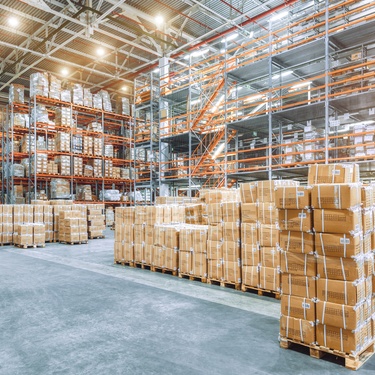
Formaldehyde serves as a fundamental building block for many of the world’s most robust materials. This simple organic compound enables the creation of high-performance plastics that industries rely on for strength, resilience, and versatility.
From automotive components to construction materials, formaldehyde-based resins provide the structural integrity and properties required for demanding applications. Examine the role of formaldehyde in high-performance products and how its chemical reactivity allows manufacturers to synthesize a wide range of polymers with tailored characteristics.
Building Stronger, More Resilient Products
Scientists use formaldehyde to create thermosetting plastics, which form strong, permanent bonds during the curing process. These materials have exceptional dimensional stability and heat resistance. Once molded, they won’t remelt or reshape.
Phenolic resins, among the first commercially produced synthetic plastics, exemplify this process. Manufacturers react formaldehyde with phenol to produce these resins, which offer outstanding durability and electrical insulation.
In the automotive sector, manufacturers use formaldehyde-based plastics for brake components, electrical systems, and under-the-hood parts that must withstand high temperatures and mechanical stress. These materials contribute to vehicle safety and longevity.
In the construction industry, these plastics are found in wood adhesives, laminates, and insulation foams. They provide durability where strength and fire resistance are paramount.
Providing Customization To Suit Various Applications
The true strength of formaldehyde in plastics manufacturing lies in its versatility. Chemists modify the production process by combining formaldehyde with other substances, such as urea or melamine, to develop resins with specific attributes. Urea-formaldehyde resins provide excellent tensile strength and surface hardness, making them ideal for decorative laminates and electrical appliance housing.
Melamine-formaldehyde resins take performance a step further. These plastics exhibit superior resistance to heat, stains, and chemicals. You can find them in high-quality dinnerware and kitchen countertops. Formaldehyde-based resins are also among the chemicals that create the most durable surface coatings, as they provide a pristine and long-lasting finish.
Leverage formaldehyde’s versatility by working with manufacturers who can alter the chemical recipe and fine-tune a plastic’s properties to meet the exact needs of an application. Such adaptability makes formaldehyde a key ingredient in innovation across various sectors, whether used for medical devices requiring sterilization or industrial parts exposed to harsh chemicals.
Lightweighting Without Compromise
In addition to providing strength and heat resistance, formaldehyde offers a lightweight quality to high-performance products that enhances efficiency. In transportation, for example, lighter components improve fuel economy without sacrificing safety or performance.
Manufacturers can mold these plastics into complex shapes, which consolidates parts, reduces assembly time, and lowers overall weight. This capability drives advancements in automotive and aerospace design.
The lightweight nature of these plastics also provides benefits in consumer goods and construction. Handling and installing materials such as composite wood panels or plastic moldings becomes easier and more efficient.
Synthesizing Modern Material Strength
Formaldehyde’s function as a chemical precursor allows it to build the foundation for plastics that define durability and performance. It enables the synthesis of materials that resist heat, provide structural integrity, and reduce weight, supporting innovation across critical industries. The unique chemical bonds it helps form give rise to the reliable and specialized plastics that shape our daily environment.
Bio: Casey is a passionate copyeditor highly motivated to provide compelling SEO content in the digital marketing space. Her expertise includes a vast range of industries from highly technical, consumer, and lifestyle-based, with an emphasis on attention to detail and readability.




















